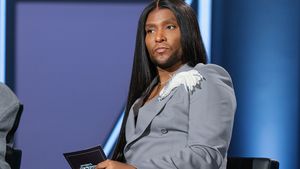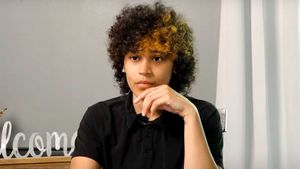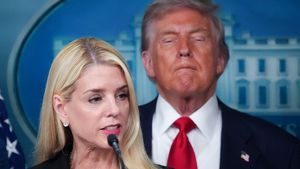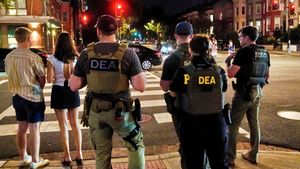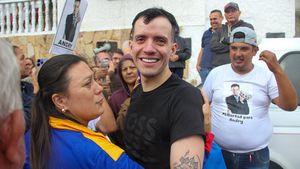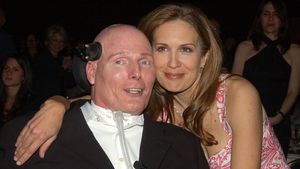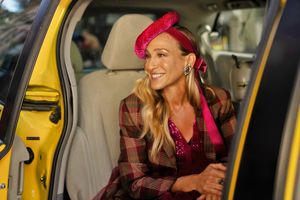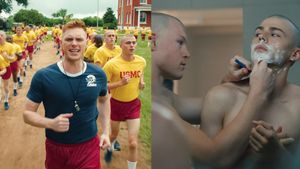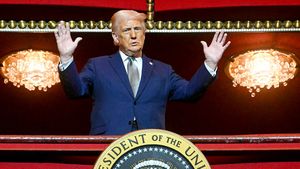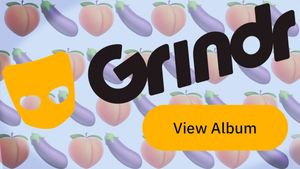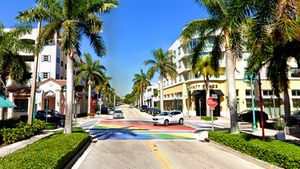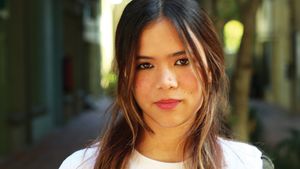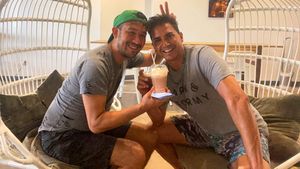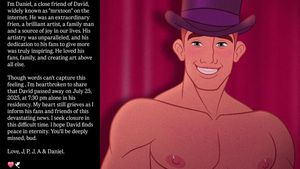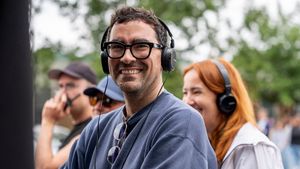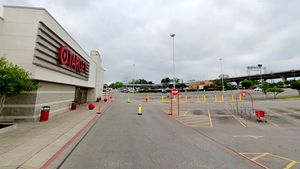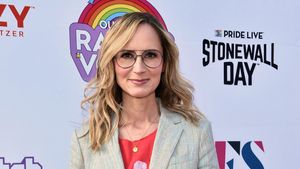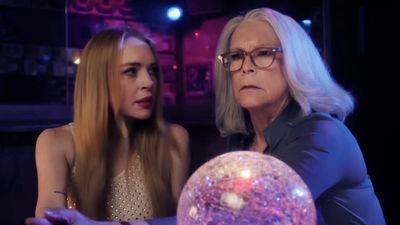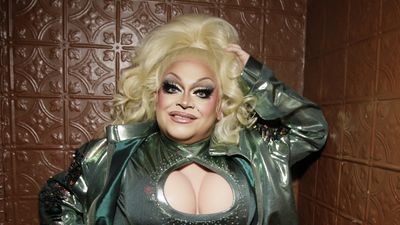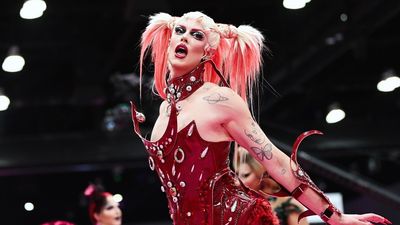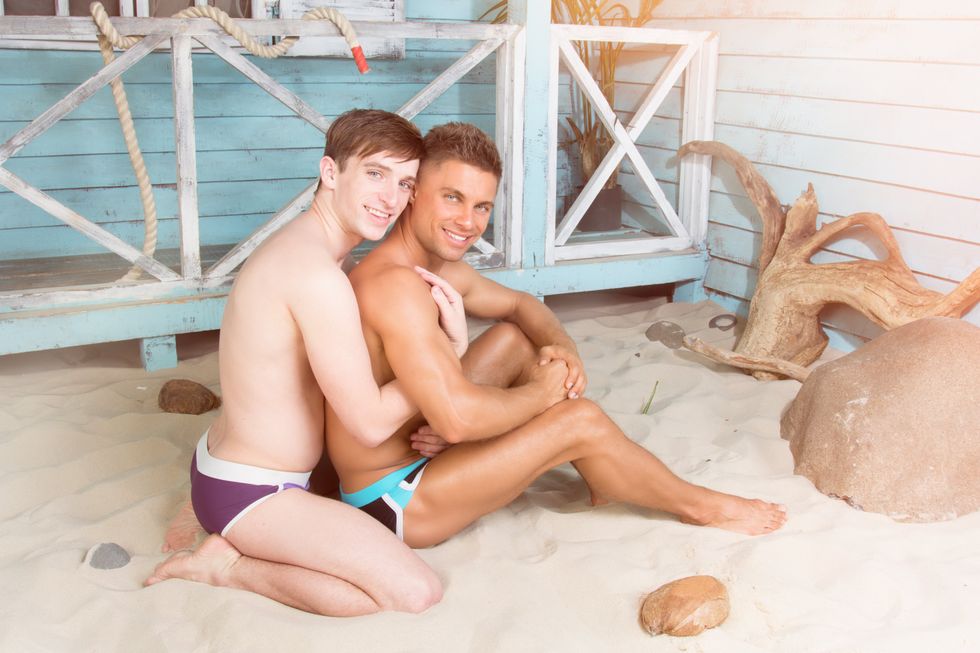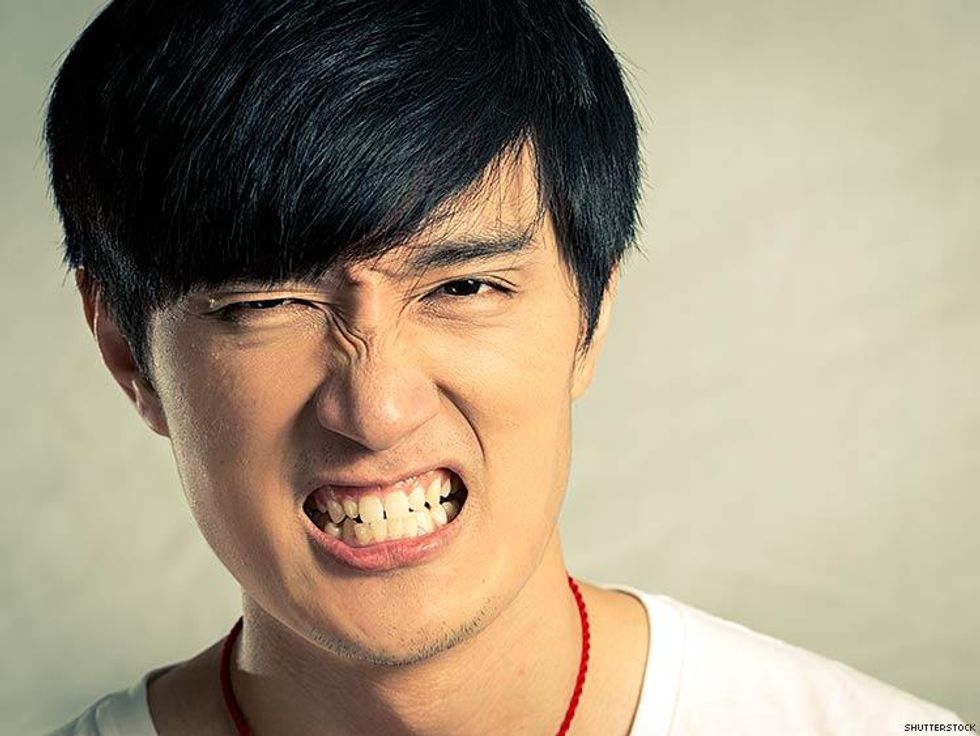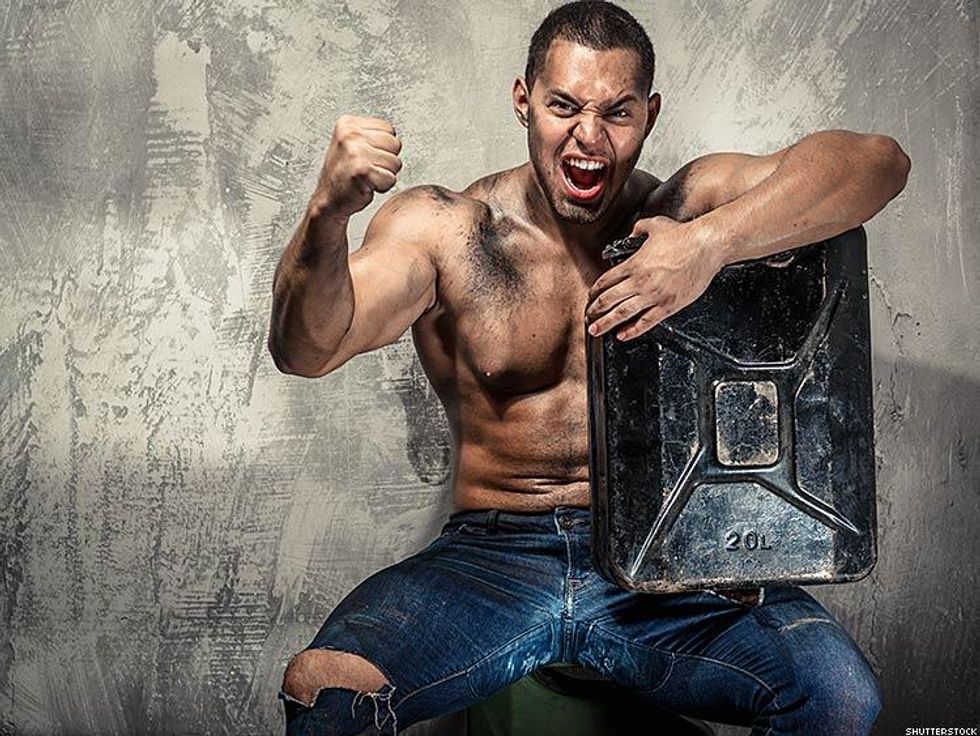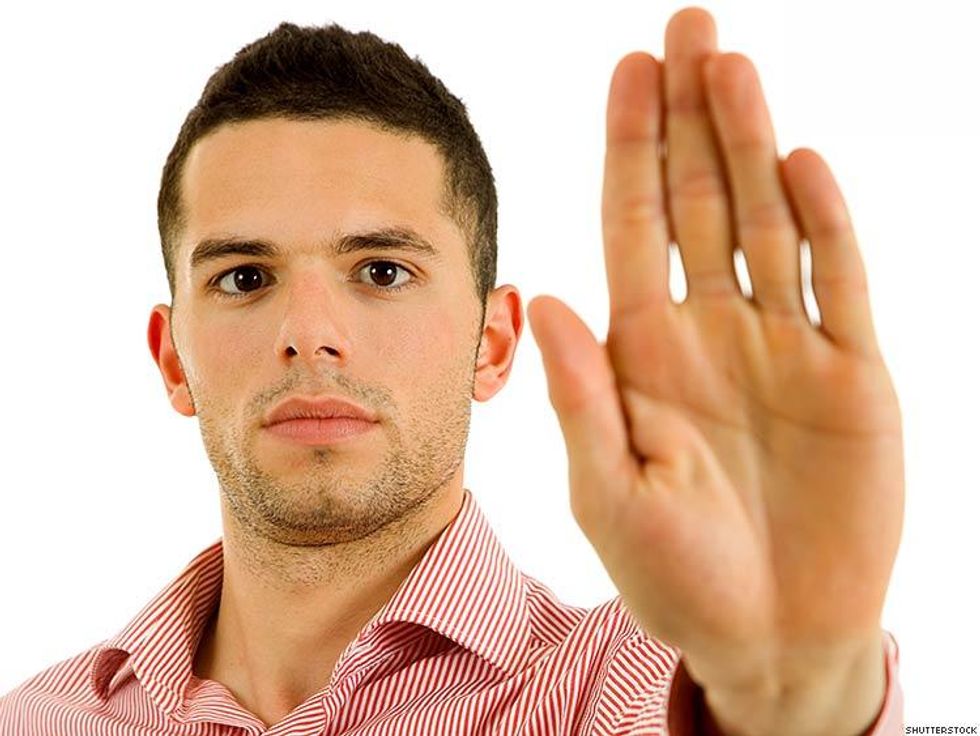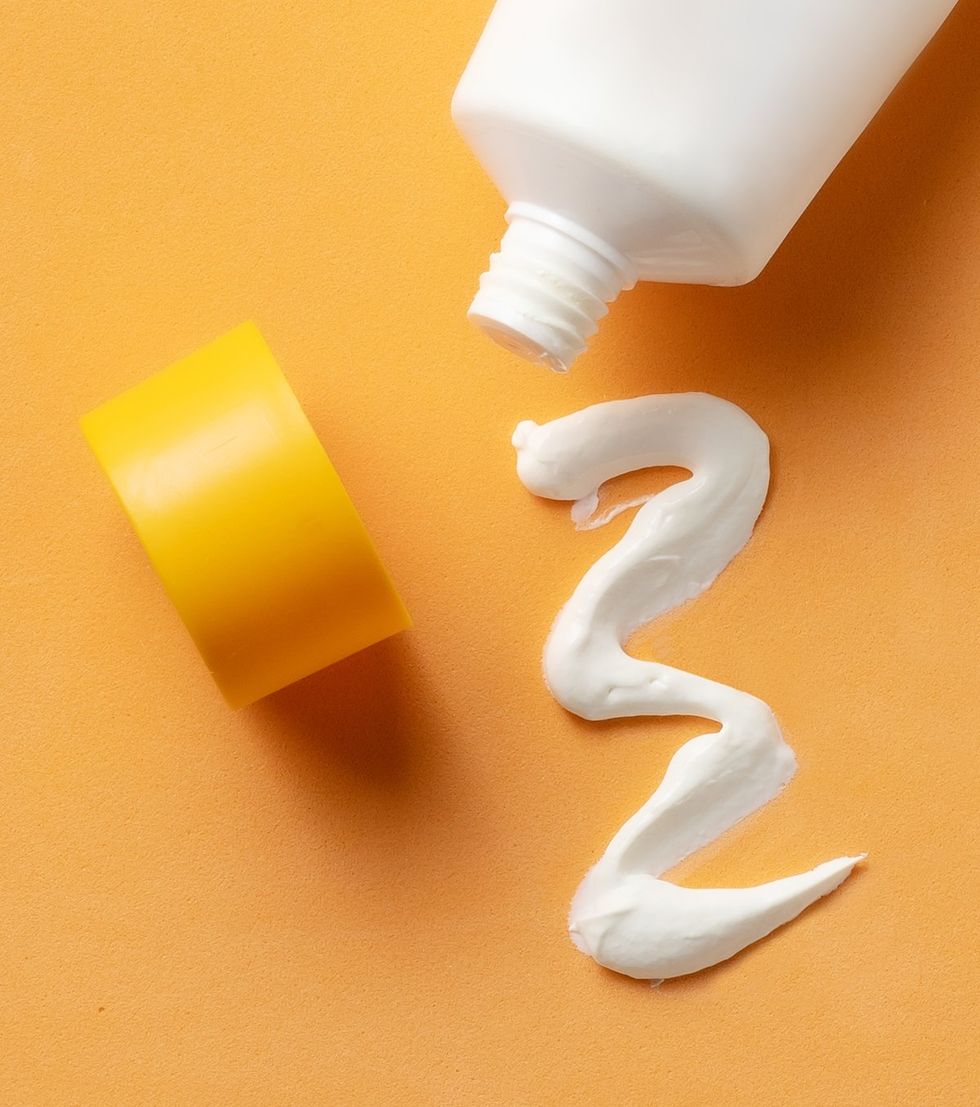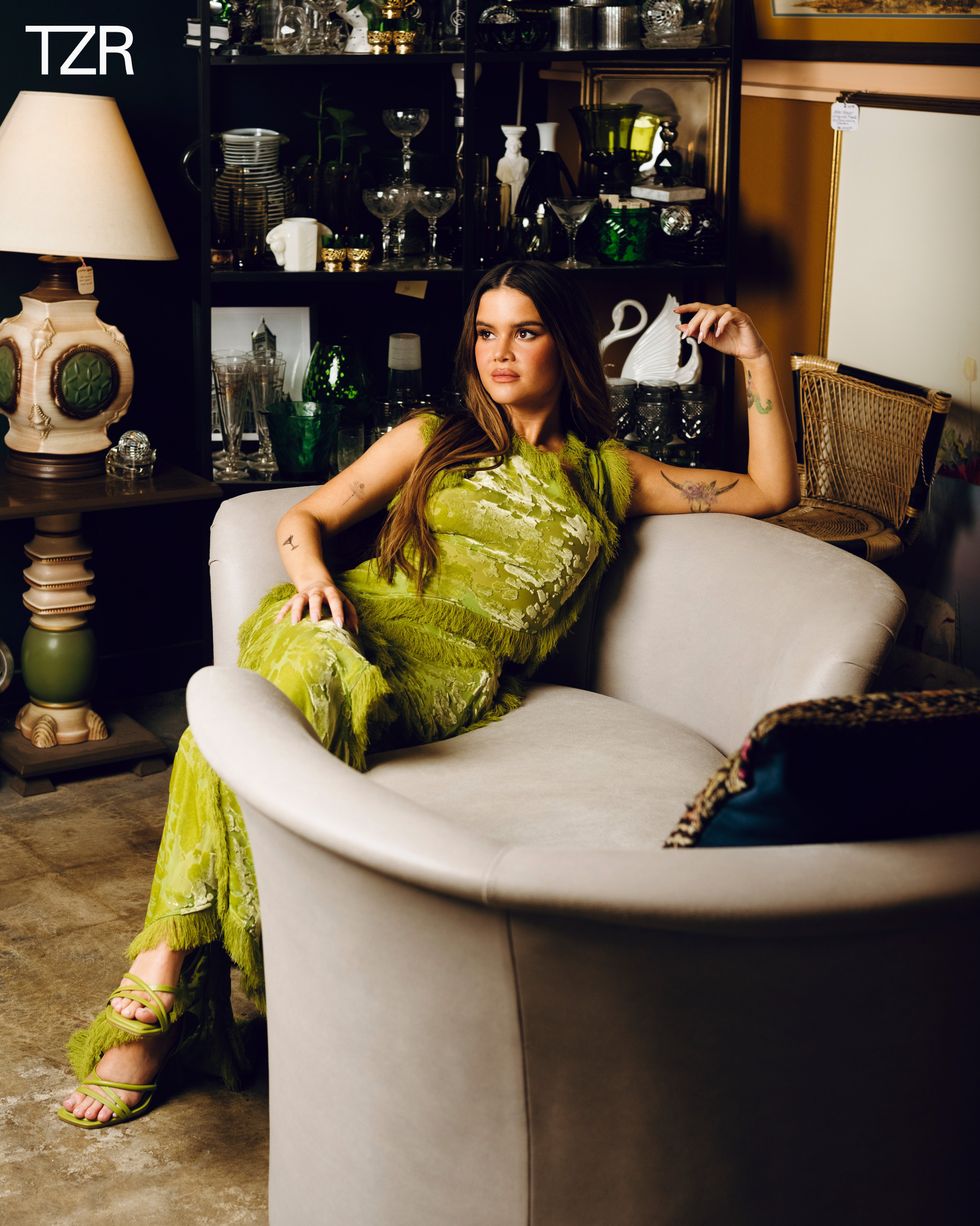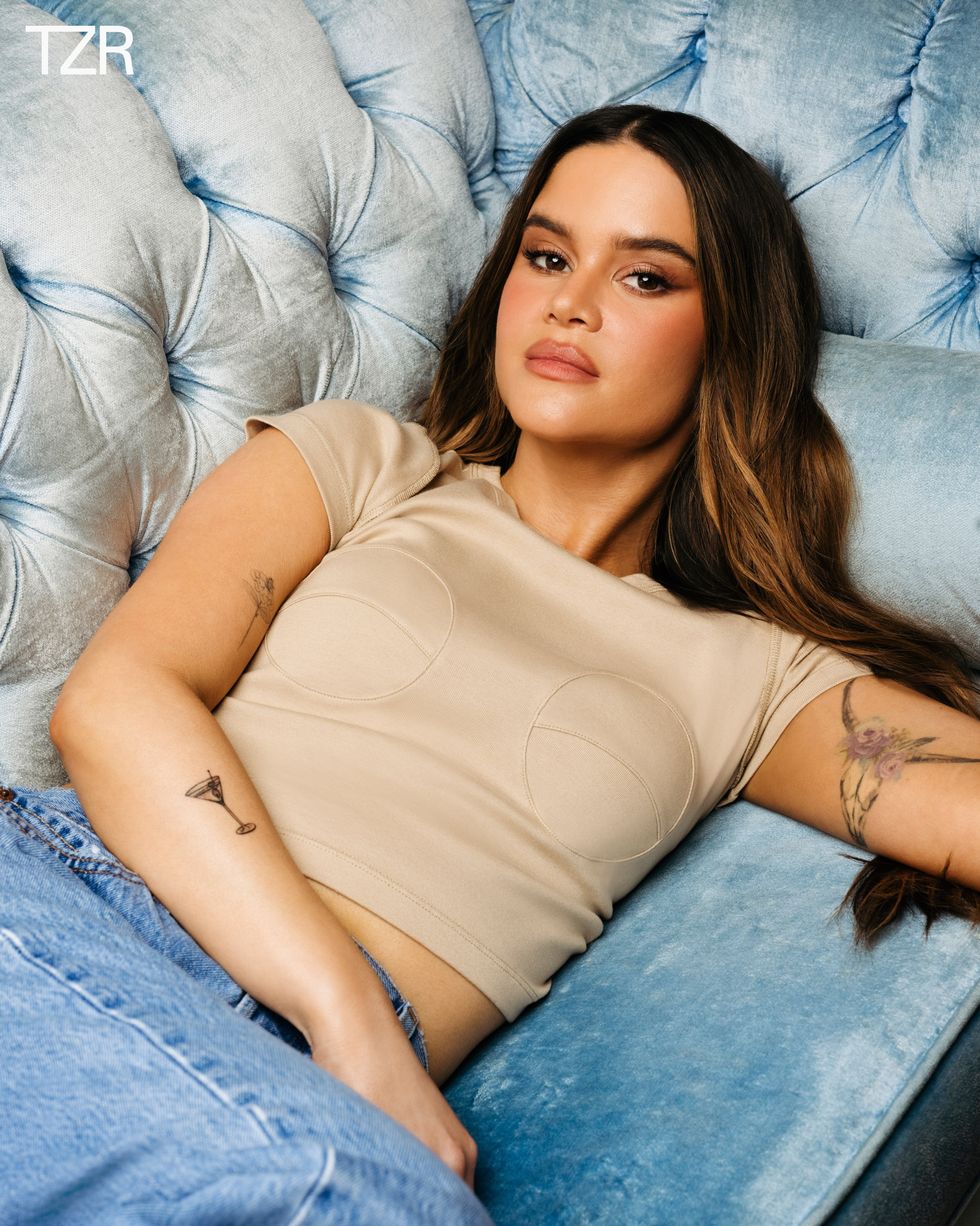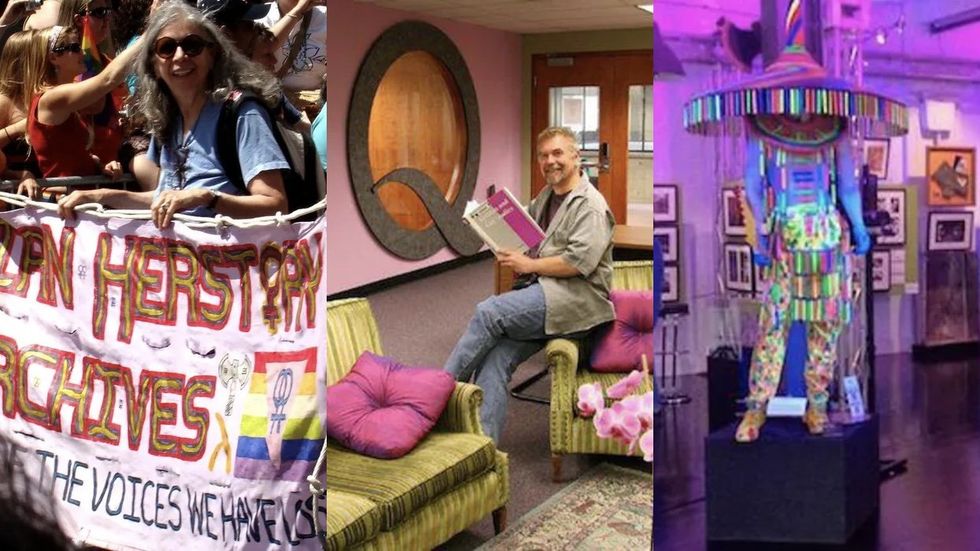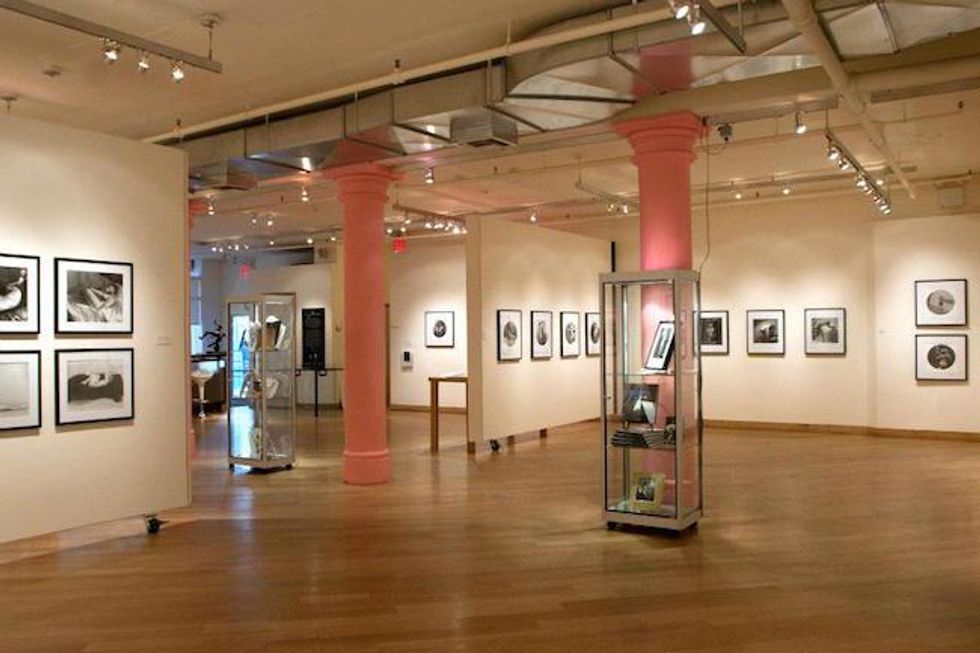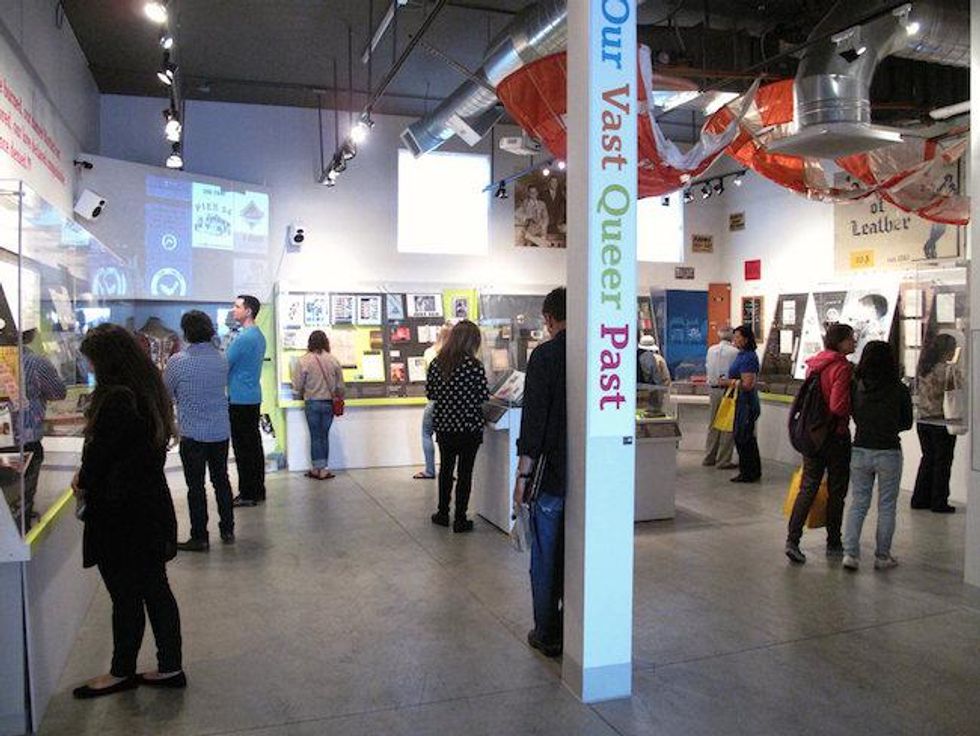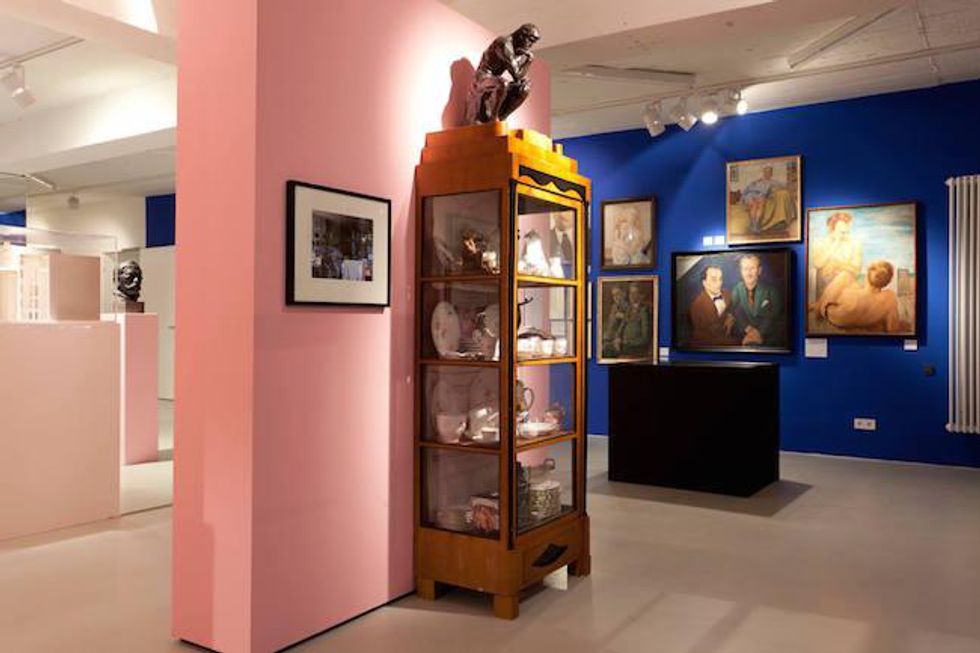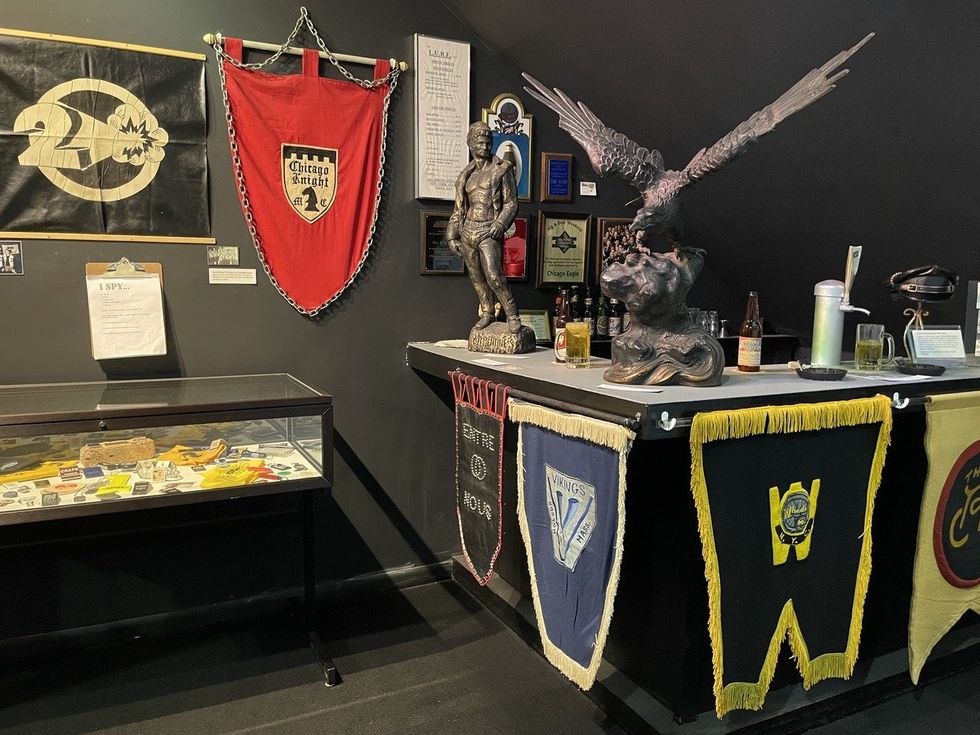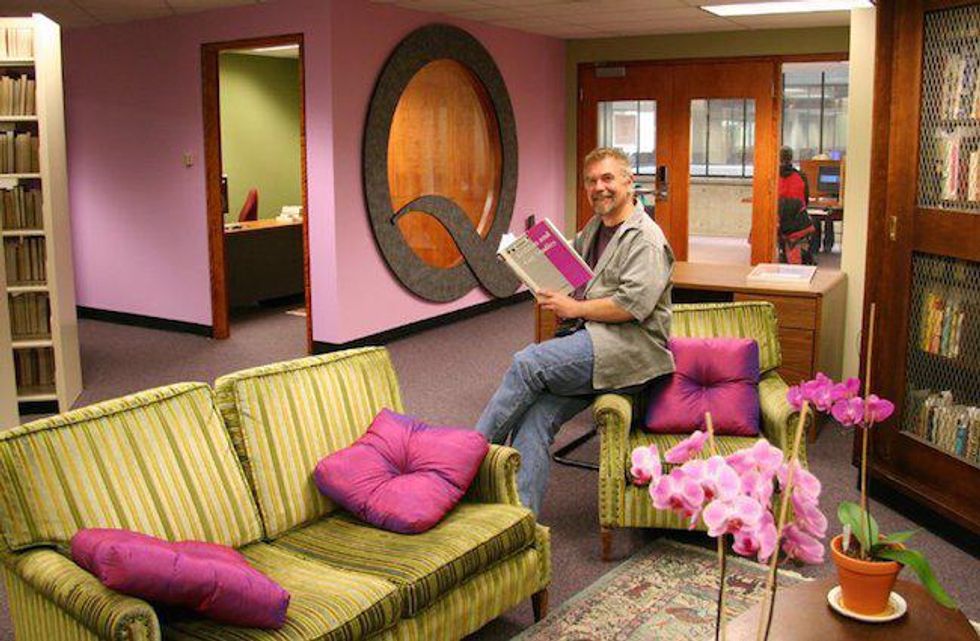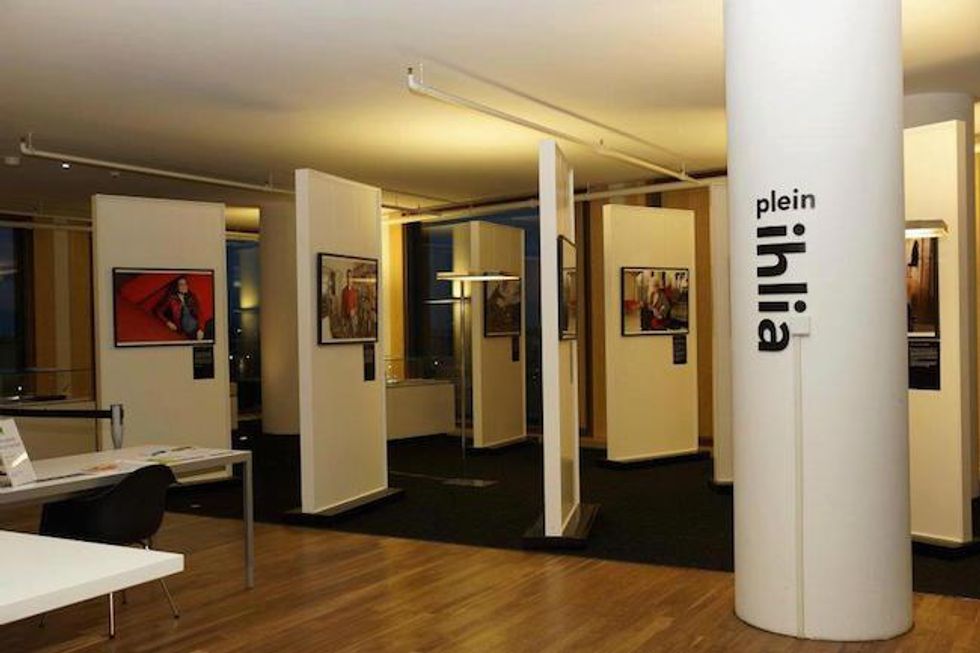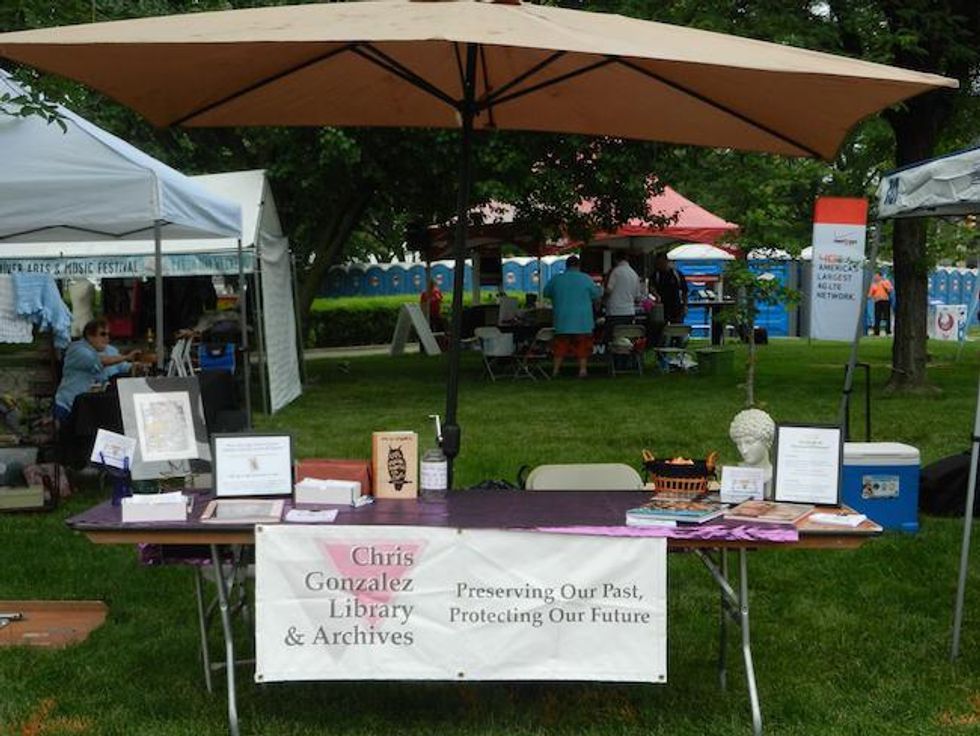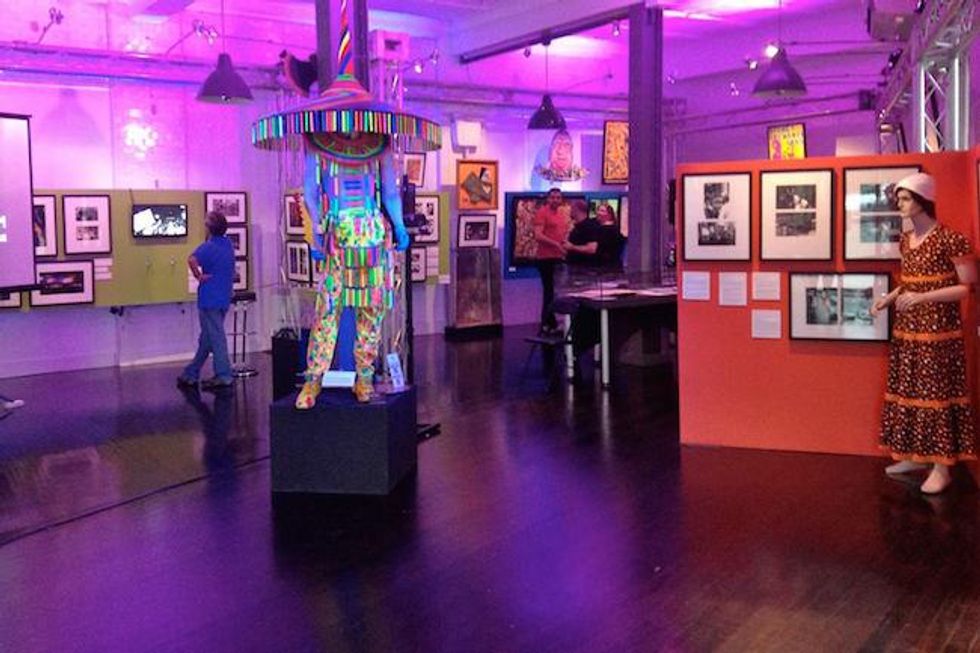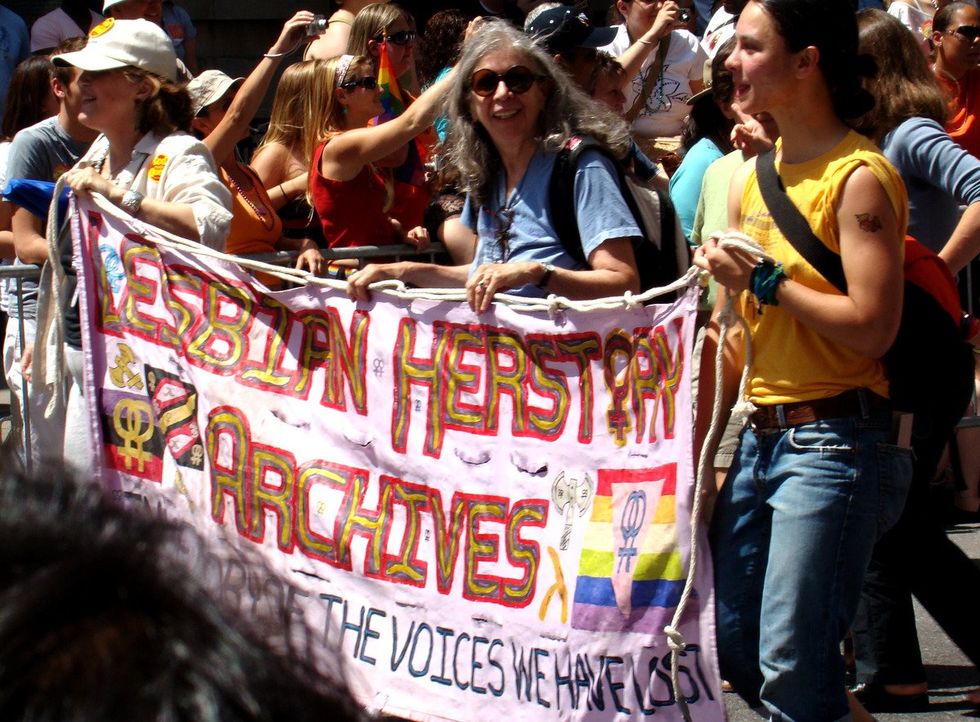Despite statistics that state nearly half of LGB people identify as bisexual, bisexual people are often ignored, removed, and erased from the news, media, academia, psychoanalytic analyses, and basically everything else. In an extreme form, bi erasure is denying that bisexuality exists. Often though, people think we do exist, but that we have a number of unpleasant qualities to us. We’re indecisive, greedy, confused, spread HIV, can’t be monogamous, and so on. Needless to say, these stereotypes are incorrect and hurtful.
Because of bi-invisibility and bi-erasure, there doesn’t seem to be many bisexuals out in the public eye who are advocating for bisexuals. The lack of representation, the lack of openness, and the lack of diverse experiences of bisexuals is a major problem in the LGBTQ+ community, and there are many reasons as to why this problem exists in the first place:
1. Humans have a tendency to view the world in binaries
Human beings tend to oversimplify things, and break things down into two opposing entities. We do this because it provides a simple approach to viewing the world. This cognitive tendency, while helpful in saving mental time and space, doesn’t allow for all the nuances and complexities of life. We break down race into black and white, even though there are dozens of other races. The nation's two main political parties are Republican and Democrat, despite the fact there are numerous other political ideologies. We even break down time into day and night, but of course there are more times than daytime and nighttime.
This dichotomization also happens with sexuality, with people being labeled as either gay or straight. Because of this, we assume a man walking down the street holding hands with another man is gay, and a man walking down the street holding hands with another women is straight. When in reality, the people in these couples could identify as bisexual. The power of dichotomies inhibits us from seeing sexuality as a complex, fluid, evolving entity.
2. The vicious negative feedback loop
There’s a vicious negative feedback loop that’s occurring in the bi community. People don’t come out as bi, and because of this, there are (seemingly) no bi role models or a bi community, which then discourages more bi people from coming out. Because we fear not having a community, we stick with either being "gay" or "straight," and never explore our bisexual attractions.
3. The "stepping-stone to gaytown"
Alas, many gay men and women have used bisexuality as a label on a pit stop to "gaytown." But what’s incredible is because someone knows a couple of guys who did that, they assume that all men must be lying when they say they’re bisexual. That’s just faulty logic, and it's incredibly arrogant to assume you know someone’s identity better than they do.
So what can we do? How can we fight to minimize erasure and increase visibility?
1. If you’re bisexual, be vocal
Come out as often and to as many people as you possibly can (but only if it’s safe to do so). We need to keep sharing our stories and experiences so others know that there is a community of bisexuals, and it’s not only okay, but actually a blessing to be bisexual.
2. Believe people at their word
Not only is it presumptuous, but it is also ignorant not to believe people when they claim a sexuality label. It also doesn't matter if that person adds, removes, or changes identity labels as they grow older. People discover different parts of themselves at different times in our lives. We’re all growing. There’s no need for an “I told you so.”
3. Help fundraise
Despite the fact that there is a slew of research that indicates that bisexuals experience higher levels of psychosocial distress and isolation, we still aren’t getting our needs met. We’re still not getting the safe spaces and resources necessary to help the bi+ community. But fundraising can help change that.
4. Rally around ideas, instead of labels
It doesn’t matter whether you label yourself as pansexual, omnisexual, bisexual, or queer. What matters is if you’re going to fight for the rights of people who aren’t monosexual. Do you believe that we, as a community, deserve respect and resources? That’s what matters. We shouldn’t be arguing amongst ourselves. As renown bisexual activist Robyn Ochs once told me, “We need to shift from identity politics to idea politics.”


